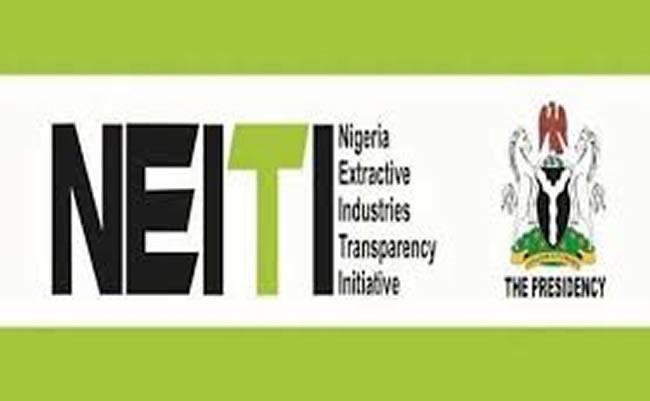The Extractive Industries Transparency Initiative, the global body that pushes for transparency in the oil and mining sectors, on Friday, frowned at the old data being released by the Nigerian Extractive Industries Transparency Initiative.
EITI charged NEITI to ensure that its data were more timely, as the global body encouraged journalists in Nigeria to always put both the local and international transparency agencies on their toes with respect to releasing reports promptly.
This came as NEITI announced that its 2022 and 2023 audit reports for the oil, gas and mining sectors would be ready in September this year.
The most recent audit reports for the sectors, as released by NEITI, were the ones for 2021.
Speaking at a press briefing in Abuja after engaging with NEITI and other agencies and ministries in the sector, as well as lawmakers, the Deputy Executive Director of EITI, Bady Balde, said the 2021 reports of NEITI were obsolete.
He noted that the EITI delegation disclosed that to the Executive Secretary of NEITI, Ogbonnaya Orji, and his management team during one of their meetings.
Balde said, “One of the discussions we had with Dr Orji and the senior management team is the fact that the data here in Nigeria is quite old by the time it comes out.
“The latest data covers 2021 and it was published in September 2023. I assume that as members of the media that is far from satisfactory, because you want to cover present and relevant issues.
“We (NEITI) are now chasing after 2022 data, this is substantially delayed. The reason why I’m pointing this out is because a number of countries have found ways to produce data that is far more timely than that.”
He noted that in Senegal, they already had 2022 data. “When you were producing 2021 data, they had already published 2022 data, and they are getting 2023 data. I can tell you that by June, more than half of the data that is required will be out in the public domain,” Balde stated.
According to Balde, Senegal has a smaller sector, but it covers the same kind of requirements. “Same for Zambia, they have already published 2022 data. Same for Norway. So, the point I’m trying to make here is that you need to keep us on our toes as well.
“NEITI is by far the largest organisation by staff in the world. They have more than twice as more staff as us in the secretariat. We are 50 members (of staff) in the international secretariat, while here they have more than 100,” he remarked.
The EITI official insisted that NEITI data was too old, adding that “you need to keep us on our toes to give you the information you need. This data is too old”.
He, however, stated, “We have commitment from Dr Orji and his team that we will see more technical expertise, technical staff, sharp analysis and timely information. We have to fill this void very quickly.”
Responding, Orji said the agency had some local challenges that contributed to the delay in the release of reports, but noted that the concerns had been settled.
He then assured his guests that the 2022 and 2023 NEITI reports for the extractive sectors would be out by September.
“By September this year, 2022 and 2023 reports will be published and we will take it up from there. We had that challenge in the past. The 2022 and 2023 reports are ongoing now and they will be published by September,” he stated.
Orji also noted that NEITI learned a lot of lessons from the visit of the EITI delegation, adding that the global body would also train the agency on a number of other areas in the extractive industries’ sectors.
“We don’t run a perfect institution and their visit has actually brought out areas that we need to move and move very fast. And I do assure them that by their next visit, all the issues would have been laid to rest and we will set very high new standards,” he asserted.
SOURCE: PUNCHNG


